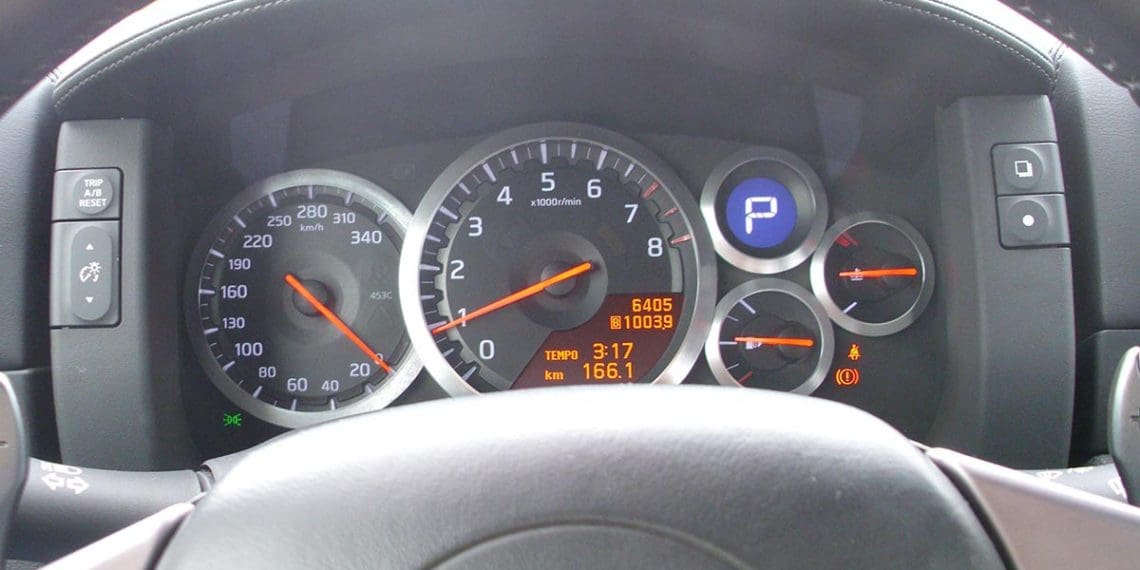Adulterated odometers. AutoGear revealed to you in January which are the most used automobiles in this fraudulent scheme in Portugal, based on a study by carVertical, a company specialized in vehicle history verification, which concluded that 2.22% of the examined vehicles present odometer fraud, with an average value of odometer alterations exceeding 60,000 kilometers.
Now, new data reveals that odometer manipulation entails million-dollar losses.
In Portugal, this practice constitutes a crime of fraud, punishable by fines and prison sentences of up to three years. Although, in our country, the heaviest sentences are rare, according to carVertical.
According to the experts of this platform, if each fraud were properly punished, tens of millions of euros would reach the State’s coffers every year.
This opinion is shared by the technicians of Autodoc Club, who add another “consequence of this fraudulent behavior,” which is the economic damage suffered by the victims, particularly second-hand car buyers, car manufacturers, and leasing companies.
Used car buyers who fall victim to this fraud not only pay a higher value than they should for the purchased automobile, but also run a higher risk of suffering losses due to breakdowns. Routine maintenance, such as oil changes, is usually determined based on the kilometers traveled. If the value recorded on the odometer is not accurate, there is no way to carry out the maintenance in a timely manner. In the worst case scenario, severe damage can occur, for example, if the timing belt breaks because it was not replaced on time. Such breakdowns lead to even greater losses for the buyer,” they explain.
According to carVertical’s numbers, which estimate that a vehicle with an adulterated odometer has its price inflated by about 20% compared to its real value, the losses of deceived buyers in Portugal amount to 66 million euros!
“There is no unified legal system for odometer fraud. If all citizens of all EU Member States had the same legislation for fraud, a long-term solution to this problem would be achieved. However, some countries do not view the issue with the same seriousness as others, and that is one of the paradoxes that global organizations face,” explains Matas Buzelis, Communication Director of carVertical, quoted by ExecutiveDigest.










